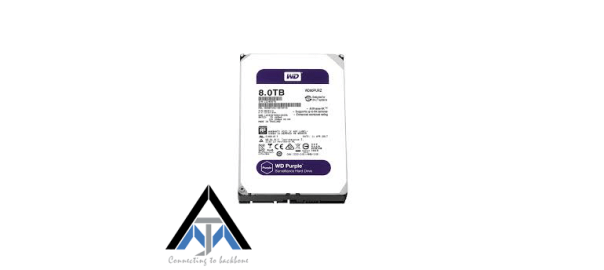To the layman, all hard drives are the same, but this assumption is wrong. A normal hard drive is not usually best suited to fulfill the needs of a surveillance system, and thus they can not be interchangeably used without incurring certain limitations.
For example; a normal hard drive is designed to operate for a period of say 8 hours daily for a 5 or 6 day week, thus it has low to moderate performance capabilities. This makes them vulnerable to a low average time usage and time lapse between failures.
On the other hand, a surveillance hard drive has greater system compatibility and is designed to operate 24 hours a day, 7 days a week, all year round. This makes them a core part of the surveillance system and thus they need to remain active round the clock. Therefore, it requires moderate to high performance capabilities. Consequently, they enjoy a high average time usage and time lapse between failures. However, it is important to note that any disruption in surveillance hard disks is most likely to affect multiple stakeholders.
Here are a few pointers to consider when installing a CCTV camera surveillance system.
- If you have less than 10-15 cameras, analog cameras and DVR are the preferred option.
- If you require more than 15 cameras, go for IP cameras and NVR since these offer better up gradation options in the future.
- If you have a mix of analog and IP cameras, a hybrid NVR is recommended because of it’s capabilities to handle both frameworks.
- If you are undergoing an installation for a large area or on a large scale public location like airports, railway stations, hospitals, bus terminals, public parks etc, IP cameras are recommended for the task. You may also take expert advise and go for a mix of analog and IP cameras depending on the terrain.
- NVR systems are more scalable and flexible while taking up less physical storage space.
- Relaibility of the cameras and technology you opt should ensure compability with your hardware and software.
It is also advisable to invest in a good quality surveillance hard disk rather than experimenting with other data storage alternatives. At the end of the day, there is no point in spending a torn of money on great cameras if the surveillance footage is not supported by an appropriate hardware. A surveillance hard disk is better equipped to handle all your video management requirements and meet all the critical surveillance needs. And closing with a wise technological tip: always opt for a system that is scalable and reliable with a user friendly graphical interface and allows for customization based on your needs.


